The rents are too damn high. That’s the conclusion of Brink Lindsey (of the center-right Niskanen Center) and Steven M. Teles (of Johns Hopkins University and Niskanen) in their book The Captured Economy: How the Powerful Enrich Themselves, Slow Down Growth, and Increase Inequality. By “rents,” Lindsey and Teles don’t mean what you’re late in paying your landlord, but rather “rent” as economists understand it: profits in excess of what a free market would normally allow. In recent years, they argue, large corporations and wealthy individuals have taken larger and larger slices of the economic pie not by creating things of value—inventing the next iPhone-like innovation, say—but by using government policies to quash competition. This involves not just “regulatory capture” (a social-science term for when the industry fox watches the consumer henhouse) but a broader takeover, with all levels of the government—both those who write the rules, and those who enforce them—bending the knee to particular business interests or organized elites.
Continue reading Rent Control: A Review of Brink Lindsey and Steven Teles’s Captured Economy
Victor Tan Chen Victor Tan Chen is In The Fray's editor in chief and the author of Cut Loose: Jobless and Hopeless in an Unfair Economy. Site: victortanchen.com | Facebook | Twitter: @victortanchen
- Follow us on Twitter: @inthefray
- Comment on stories or like us on Facebook
- Subscribe to our free email newsletter
- Send us your writing, photography, or artwork
- Republish our Creative Commons-licensed content

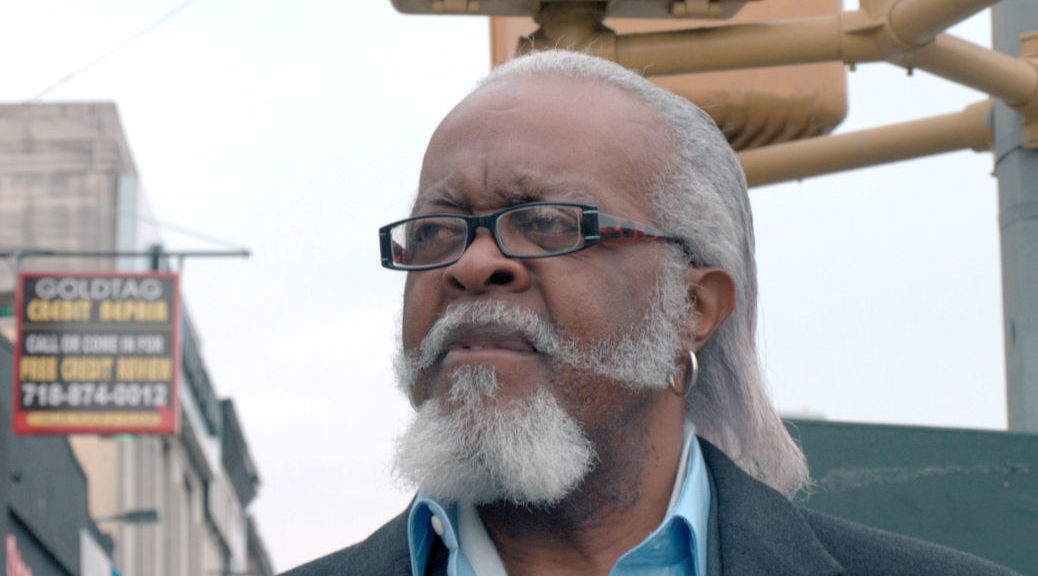
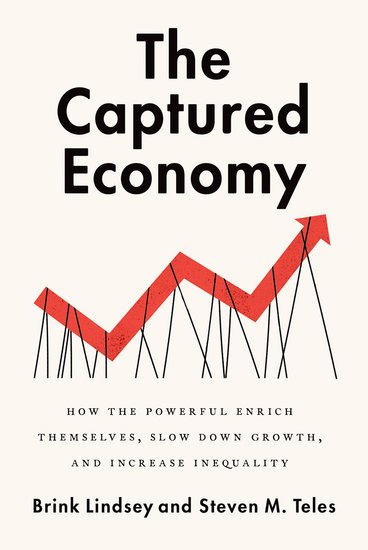 The Captured Economy: How the Powerful Enrich Themselves, Slow Down Growth, and Increase Inequality
The Captured Economy: How the Powerful Enrich Themselves, Slow Down Growth, and Increase Inequality
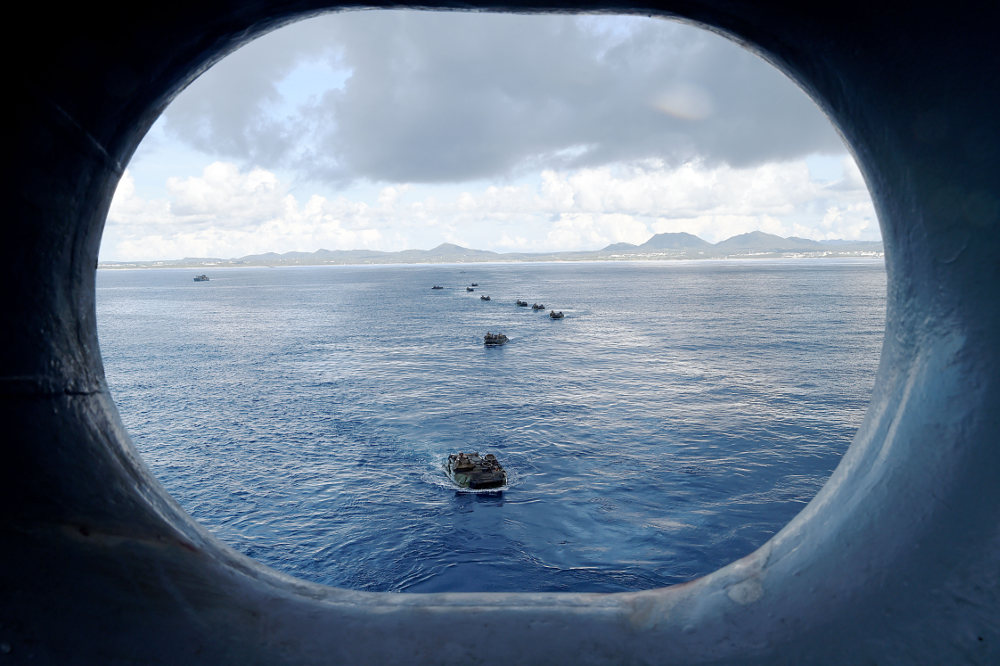
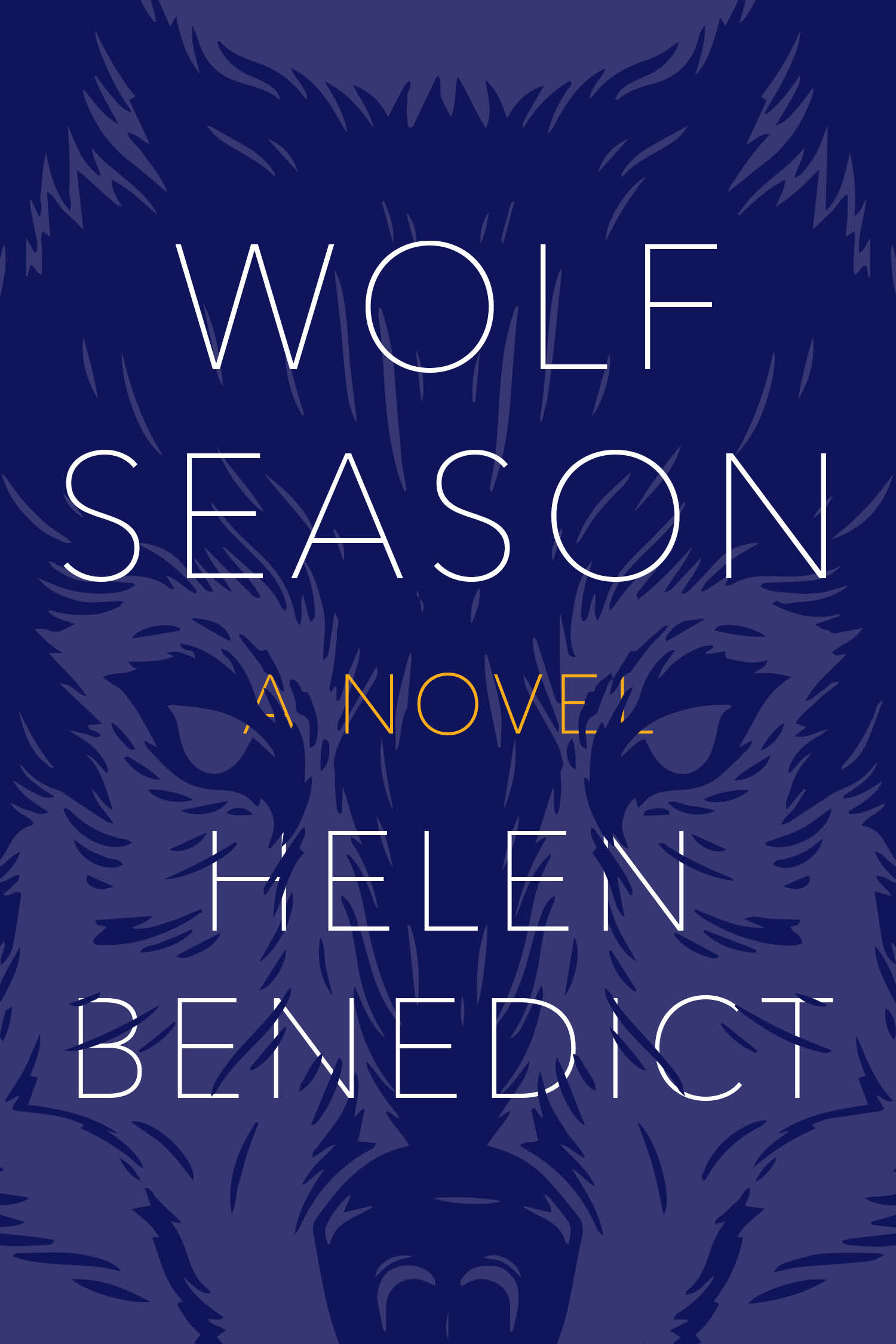
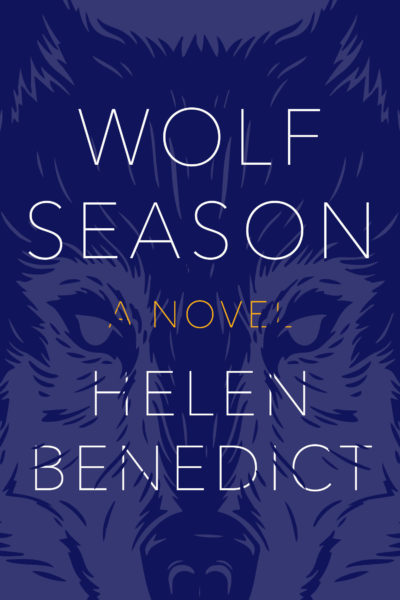
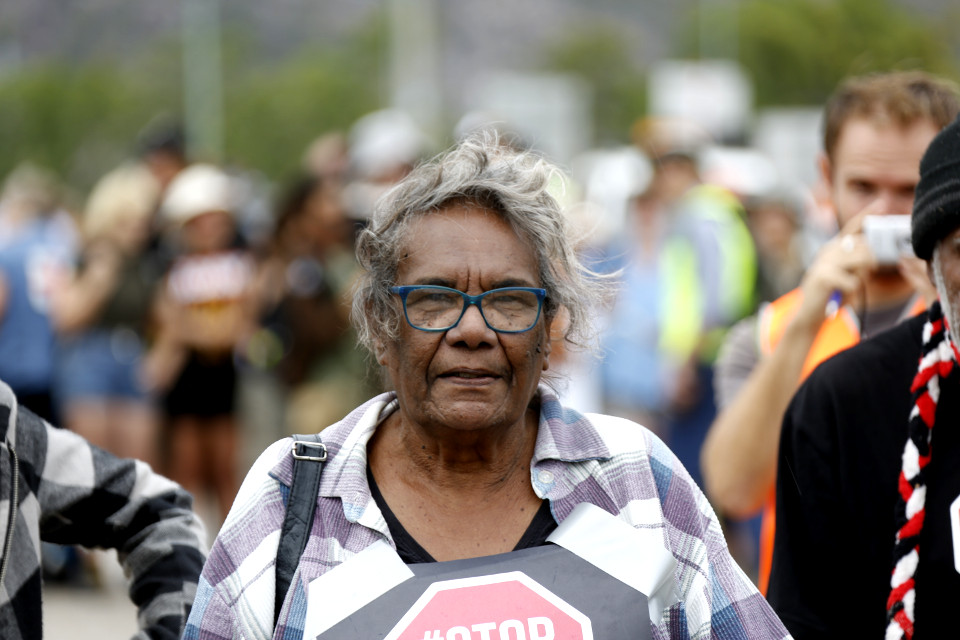

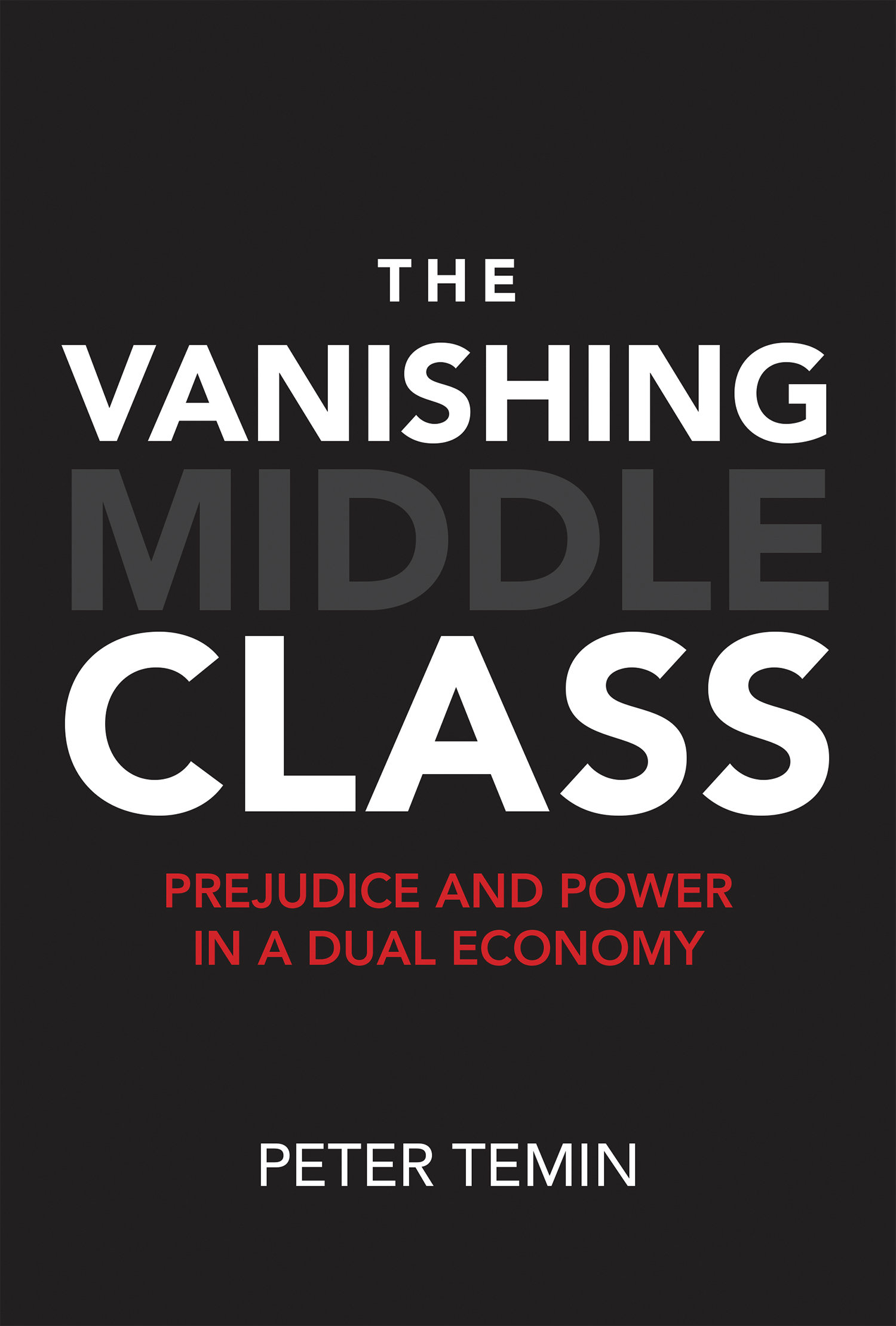





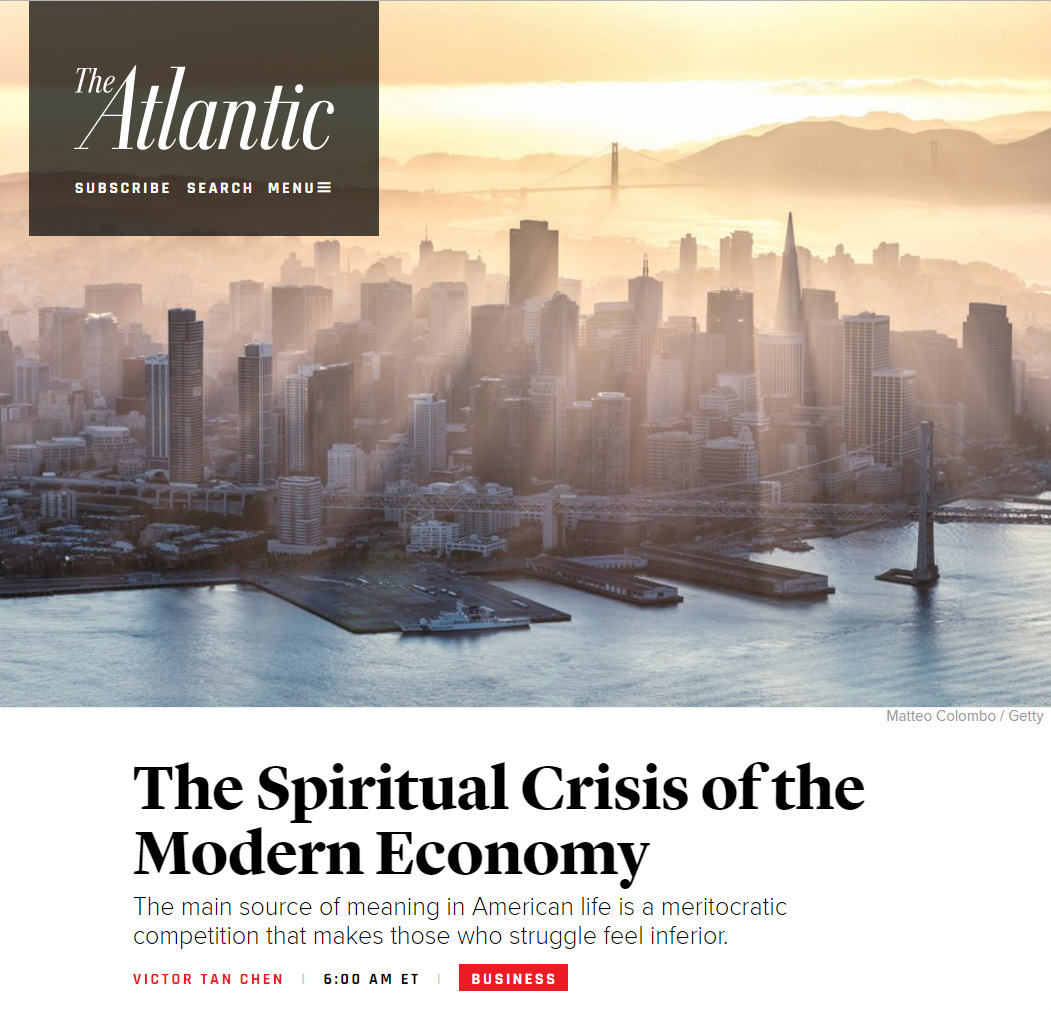
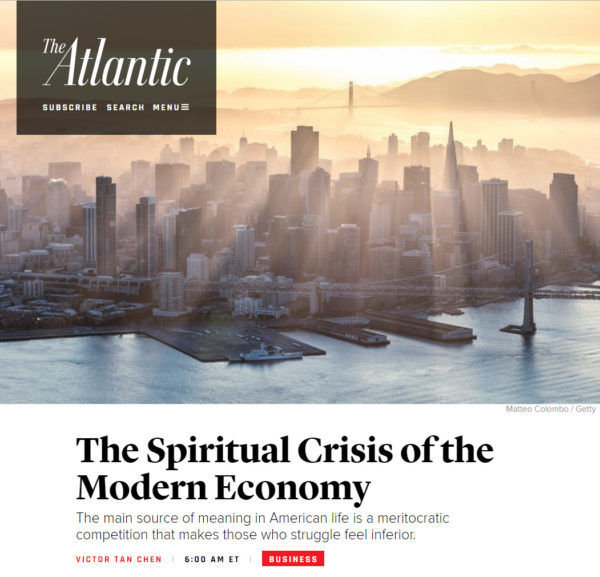 I’ve
I’ve